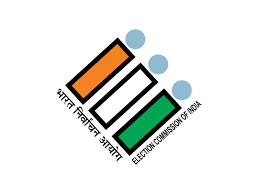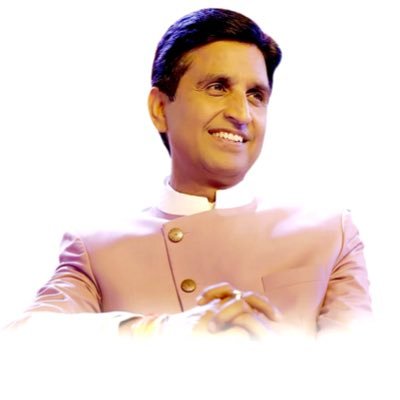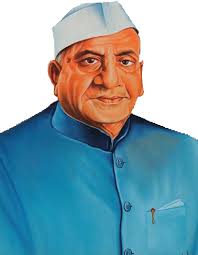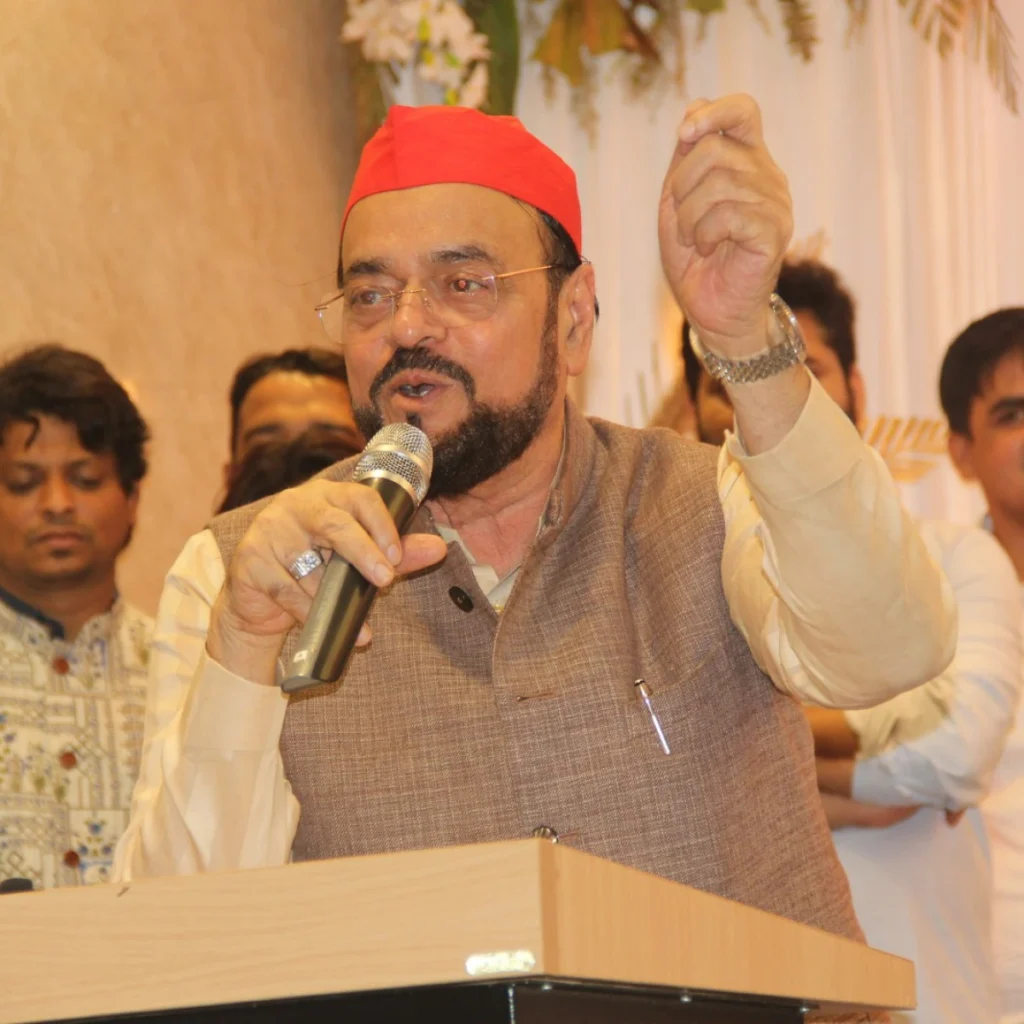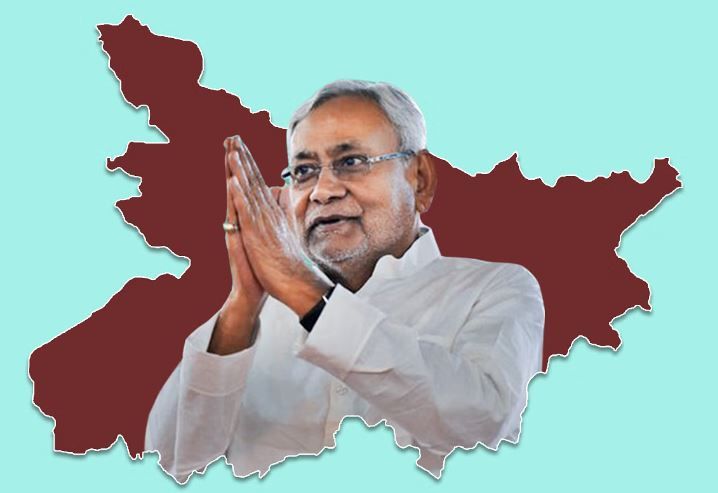The Election Commission of India (ECI) stands as a bulwark of democracy, ensuring free and fair elections in the world’s largest democracy. Established in 1950, it has evolved into a robust institution, upholding electoral integrity and fostering democratic values. This blog explores the pivotal role played by the Election Commission of India in safeguarding the electoral process, promoting voter participation, and maintaining the sanctity of democratic principles.
- Constitutional Mandate:
The Election Commission of India derives its authority from the Constitution of India. Article 324 empowers the Commission to supervise elections to the Parliament, State Legislatures, and the offices of the President and Vice-President. This constitutional mandate underscores the Commission’s independence and autonomy in conducting elections. - Electoral Management:
One of the primary responsibilities of the Election Commission is the meticulous organization and management of elections. From the delineation of electoral constituencies to the deployment of polling personnel, the ECI oversees every aspect of the electoral process. By leveraging technology and employing innovative strategies, such as the introduction of Electronic Voting Machines (EVMs) and Voter Verifiable Paper Audit Trails (VVPATs), the Commission has enhanced the efficiency and transparency of elections. - Voter Education and Awareness:
The Election Commission recognizes the pivotal role of informed and empowered voters in a democracy. Through extensive voter education campaigns, the ECI endeavors to enhance voter awareness, educate citizens about their electoral rights and responsibilities, and promote voter participation. These initiatives range from mass media campaigns to grassroots-level outreach programs, aiming to ensure that every eligible citizen exercises their franchise. - Electoral Integrity and Fairness:
Central to its mandate is the preservation of electoral integrity and the conduct of free, fair, and transparent elections. The Election Commission enforces a stringent code of conduct for political parties and candidates, regulating campaign finances, and combating electoral malpractices such as bribery, intimidation, and vote-buying. Additionally, the Commission deploys election observers to monitor the electoral process and address any irregularities promptly. - Inclusive Electoral Participation:
The Election Commission is committed to fostering inclusive electoral participation, particularly among marginalized and underrepresented communities. Through targeted initiatives such as Special Summary Revision of Electoral Rolls, the Commission endeavors to enroll eligible voters, especially women, youth, and persons with disabilities. Moreover, the ECI has implemented measures to facilitate voting for migrant workers and members of the armed forces, ensuring that no eligible citizen is disenfranchised. - Regulatory Oversight:
As the custodian of electoral integrity, the Election Commission exercises regulatory oversight over political parties and election candidates. It scrutinizes the nomination papers of candidates, adjudicates electoral disputes, and imposes sanctions for violations of electoral laws. The Commission’s impartiality and adherence to due process are essential in upholding the rule of law and maintaining public trust in the electoral process. - Electoral Reforms:
The Election Commission continually advocates for electoral reforms to enhance the efficacy and fairness of the electoral process. It engages with stakeholders, including political parties, civil society organizations, and electoral experts, to identify areas for reform and streamline electoral procedures. From electoral funding reforms to the introduction of online voter registration, the Commission remains proactive in modernizing India’s electoral framework.
Conclusion:
The Election Commission of India stands as a beacon of democracy, steadfast in its commitment to upholding electoral integrity, promoting voter participation, and safeguarding democratic principles. Through its multifaceted initiatives and unwavering dedication, the ECI ensures that every citizen’s voice is heard and every vote counts. As India’s democracy continues to evolve, the Election Commission remains at the forefront, ensuring that the electoral process remains a cornerstone of democratic governance.

